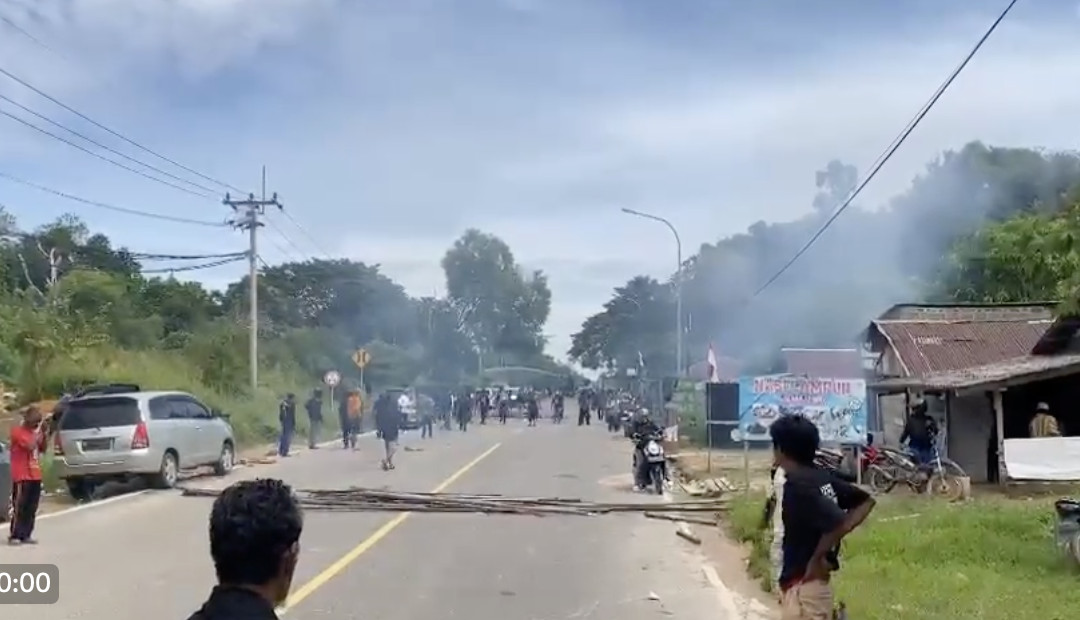Popular Reads
Top Results
Can't find what you're looking for?
View all search resultsPopular Reads
Top Results
Can't find what you're looking for?
View all search resultsAgrarian conflict on Rempang Island and ‘new market despotism’
Knowing that the Rempang conflict is an effect of the new market despotism, the government as the representation of the state should have intervened to defend the rights of the people.
Change text size
Gift Premium Articles
to Anyone
I
ndonesia's 1998 transition to democracy allowed businesspeople to explore new ideas and perspectives, leading to market expansion, material acquisition, land acquisition and transforming citizens into “marketizens”.
This period also saw the growth of political-business alliances in the House of Representatives, allowing the legislation of statutory law to back them up politically and economically. However, authoritarian remnants remain in Indonesia, manifesting in prohibitions against leftist concepts, limited public criticism using the 2008 Electronic Information and Transactions (ITE) Law and academic self-censorship at the university level.
David Harvey argues that the neoliberal focus on individualism outweighs social democratic values. Recent examples in Indonesia show that even neoliberal approaches require a strong state, as seen with the passing of the omnibus Job Creation Law that emulated authoritarian techniques and repression against protestors.
The impact of big bang political reform is not purely democratization but also followed by the rise of what John Keane calls “new despotism”. Those two factors then follow the neo-liberalization agenda and construct what I call "new market despotism".
The Rempang Island conflict needs to be analyzed in that context to find a more humane solution rather than following neoliberal peace. In the framework of peacebuilding, neoliberalism argues that economic liberalization and increased international trade can contribute to peace and stability.
According to advocates of neoliberal peace, economic interdependence and the potential for economic gains create incentives for countries to cooperate rather than engage in conflict. They argue that as countries become more interconnected financially through trade and investment, they have a vested interest in maintaining peaceful relations to ensure economic growth and prosperity.
Meanwhile, by understanding the existence of new market despotism, we will be able to construct a more humane solution. The alternative peacebuilding need refers to the application of what I call humanism, civility and democratic justice (HCDJ) principles and policies in efforts to promote peace and stability.



















